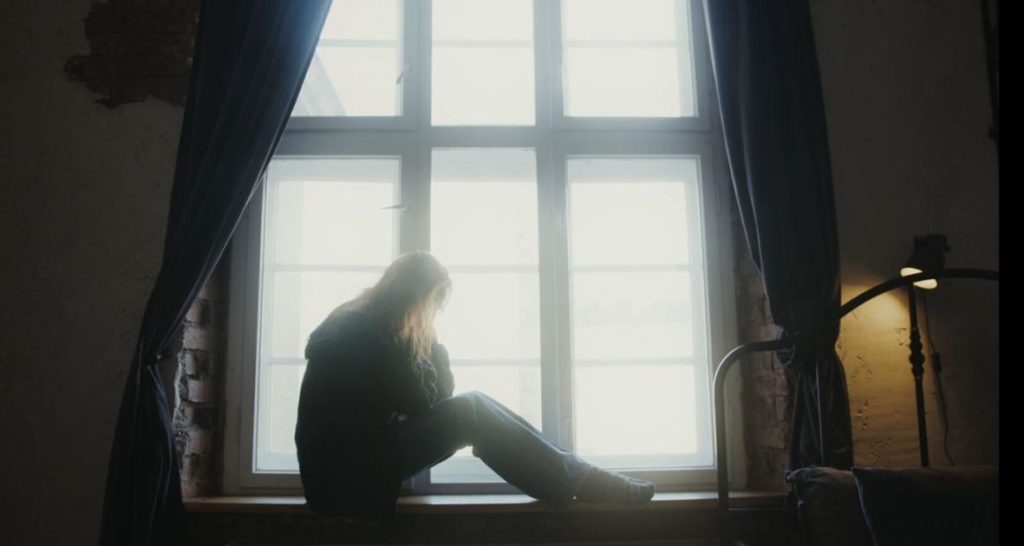SHREVEPORT, La. — Millions of Americans struggle with mental health issues in any given year. But at the height of the COVID-19 pandemic, those numbers increased dramatically.
Behavioral and suicide hotlines saw a much higher number of calls. People were anxious about the future, many were unable to pay their bills and social distancing kept people away from their families and friends.
With vaccines now available, things are moving closer to a new normal. Businesses are open, mask mandates are being lifted in many places for those who are vaccinated, and it seems the light at the end of the pandemic tunnel is getting brighter.
Janet Miller
So, how is this affecting mental wellness? Janet Miller, the executive director of the Louisiana Association of Compulsive Gambling which operates the state’s Suicide Prevention Hotline and the Behavioral Recovery Helpline, said the calls have stayed steady.
People continue to suffer from anxiety and depression. And many have turned to addictive behaviors to cope.
“So what’s happened is during the pandemic, I think, is that people reached to things that maybe they wouldn’t have before. And now that is becoming a problem,” said Miller. “So, some people who may not have had some problems a year, year and a half ago, are developing some problems with handling their mental health through this, as well as with drugs and alcohol or gambling.”
Miller said from the helpline callers, the most common source of anxiety seems to be associated with facing the future.
“What will I have to face in the next year financially, after what I’ve already faced in this past year, and then also work and school changes. I think we’ve adapted to, become more accustomed to being comfortable, like this interview on Zoom. But some people are not ready to go back to what used to be,” she said. “And some of that is because there’s that anxiety because of the pandemic.”
Miller said she actually expects to see an uptick in mental health issues in the next 6 to 18 months. Many people have coped well with the pandemic, but may become anxious or depressed when they have to get back to what used to be their normal routines, she said.
